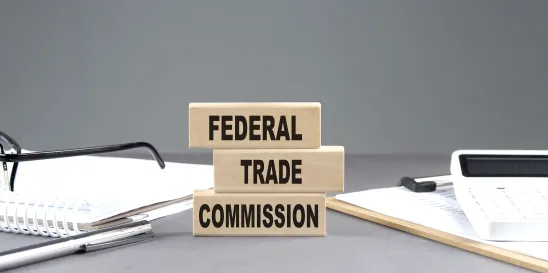The Federal Trade Commission’s Bureau of Competition and the Department of Justice Antitrust Division released a joint statement reiterating document preservation obligations for companies and individuals that are the subject of government investigations and litigations, emphasizing messaging platforms, such as Slack and Google Chats, that automatically delete communications. Both agencies announced updated language in their standard preservation letters, specifications for “second requests” used in pre-merger review under the Hart-Scott-Rodino Act, voluntary access letters, and grand jury subpoenas, to address these instant messaging platforms. The agencies emphasized that companies’ obligation to preserve information on such platforms is nothing new, explaining their clarification is to prevent companies from feigning ignorance if communications are not preserved after preservation obligations are triggered.
The revised language makes “crystal clear” that, in the agencies’ view, ephemeral and non-ephemeral communications through messaging applications are “documents” and that companies’ preservation obligations extend to these communications. For example, the FTC’s standard HSR second request now defines Messaging Applications to include “platforms, whether for ephemeral or non-ephemeral messaging, for email, chats, instant messages, text messages, and other methods of group and individual communication (e.g., Microsoft Teams, Slack).”
The agencies note that recent court decisions have found companies that failed to preserve text messages, Google Chats, and Signal messages had spoliated evidence. Additionally, the FTC warned that it may pursue civil spoliation fines in civil litigation and may refer the conduct for criminal prosecution through the FTC’s Bureau of Competition’s Criminal Liaison Unit.
The agencies’ statement follows the DOJ’s updates to its Evaluation of Corporate Compliance Programs guidance for assessing how companies govern employees’ use of personal devices and communication platforms, including ephemeral messaging applications. The ECCP lists specific factors that prosecutors should consider when investigating corporations, determining whether to bring charges, or negotiating plea agreements. Under the ECCP, the DOJ will consider whether and to what degree messaging applications, including ephemeral messaging applications, “impaired in any way the organization’s compliance program or its ability to conduct internal investigations or respond to requests from prosecutors or civil enforcement or regulatory agencies.”
Preservation obligations arise when a company anticipates or learns of an investigation or litigation. Once that occurs, in addition to taking traditional preservation measures, companies should immediately disable any auto-deletion function and preserve communications contained in the company’s messaging platforms.
Innovative communication technologies can present challenges for targeting and collecting employee communications and company documents generated and/or transmitted via dynamic, auto-erase and purge messaging platforms. In the FTC Bureau of Competition Director Henry Liu’s words, the “update reinforces that … preservation responsibility applies to new methods of collaboration and information sharing tools, even including tools that allow for messages to disappear via ephemeral messaging capabilities.” Companies should heed this warning and have a clear understanding of how the collaboration and messaging platforms their employees use operate and the necessary steps to preserve information on these systems before the need arises.



 />i
/>i
